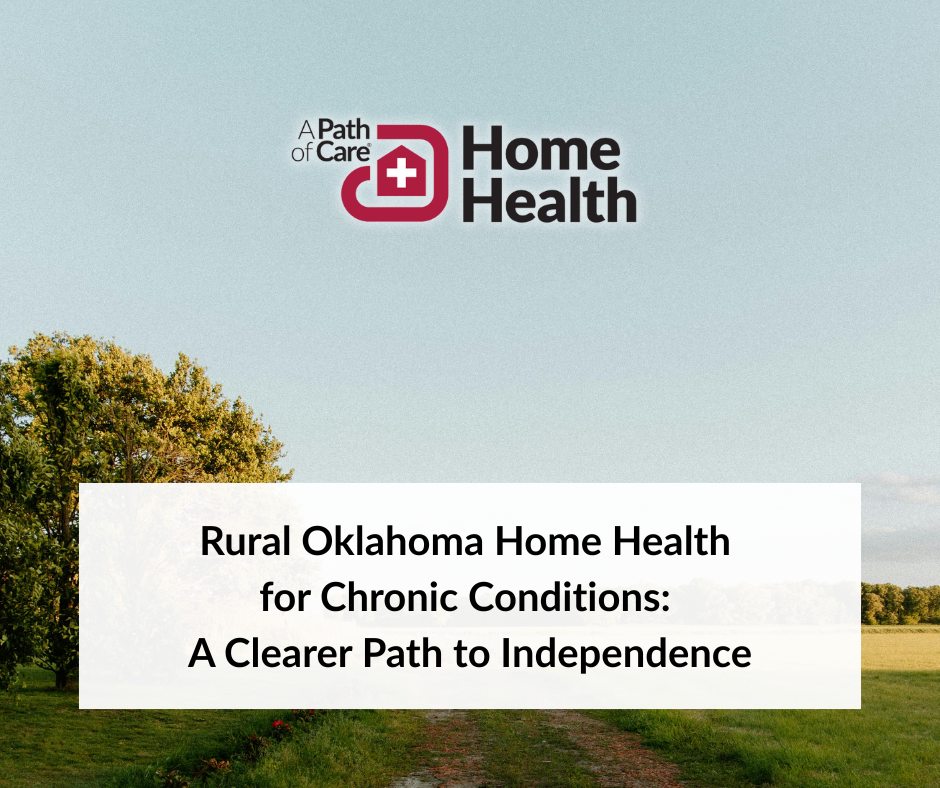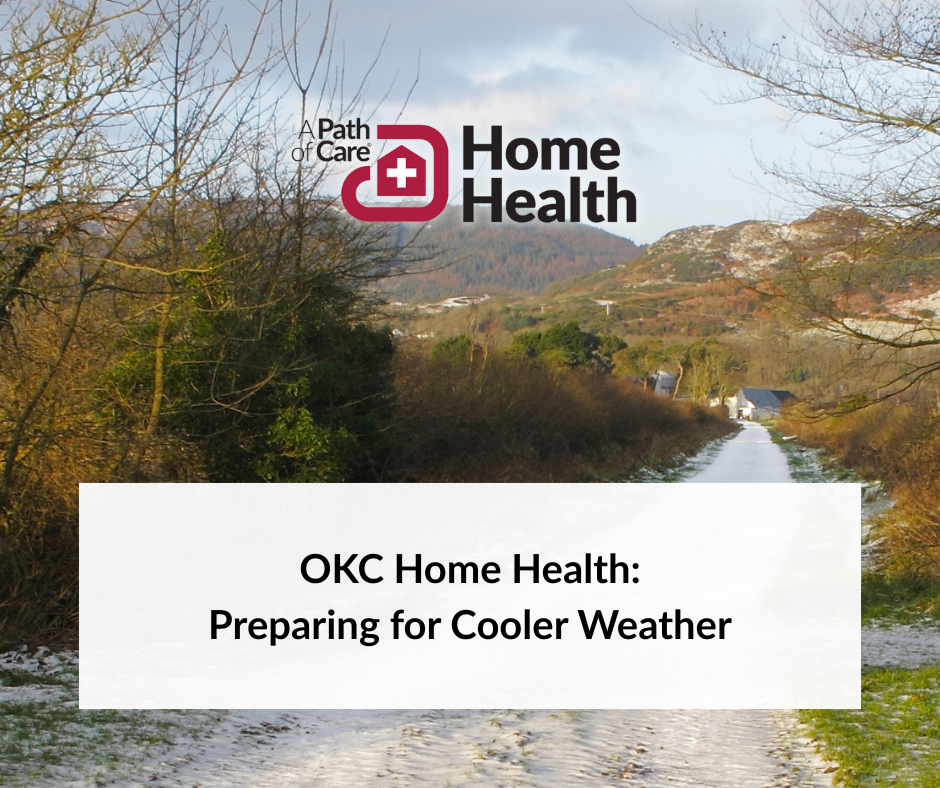As families get back together and the holiday season approaches, you may notice some changes in your parents’ well-being. An injury or illness can quickly change a self-sufficient senior into one who needs help in the home.
Ability, not age, is the best way to judge if your loved one needs home health care. Here are some examples:
1. Changes in Health
Has Dad lost or gained significant weight? Has Mom been diagnosed with a new medical condition? Your parents may need help in managing changing health conditions. Home health may be the answer.
For example, if your Dad has heart failure and is gaining weight, this could be a sign of a fluid build-up. This happens because it’s harder for a weakened heart to pump fluids through the body. Instead, fluids build up in the legs and arms and can lead to weight gain. How can home health care help? We can:
- Teach Dad about medications and work with his doctor to adjust them as needed.
- Discuss his diet and how to reduce sodium that can worsen fluid build-up.
- Show him how to conserve energy so he can still do everyday activities.
- Help him with exercise activities he can do safely with heart disease.
.png)
Being diagnosed with a new medical condition, like diabetes, can cause concern and confusion. Some diseases are complex. Mom may need help understanding how to manage the disease. Home health can:
- Explain how to test blood glucose levels and adjust medications and diet for self-management.
- Help Mom understand how to reduce the risk of complications from the disease.
- Discuss different medicines, what they do, and how to take them correctly.
- Show her how to incorporate exercise activities safely to improve her health.
2. Difficulty Doing Basic Tasks
Is it getting harder for Mom to dress, eat, or cook? Have you noticed Dad moving more slowly or cautiously, as if he is afraid he’ll fall?
Sometimes, changes in doing house or yard work can be signs of health concerns. Maybe shortness of breath makes it hard to vacuum, or there’s just a general lack of energy to keep up with normal activities because of health problems.
Home health nurses and therapists can:
- Assess the situation based on information from their doctor on any underlying medical conditions.
- Do a home safety assessment to reduce the risk of falls or injury.
- Monitor medication use to check for possible side effects.
- Show your parents how to adapt their daily activities to conserve energy.
- Help them with exercises to improve their strength and balance.
3. Fear of Medical Care
The recent COVID-19 pandemic understandably increased fear of leaving home for routine screenings and visits to the doctor. Unfortunately, cancer and heart disease did not stop because of the virus. It’s still important for your parents to have regular visits with their doctors for preventive care.
Screening for early signs of disease is still important. Some screenings, like mammograms, still require them to leave home for testing. However, medical professionals can provide many screenings and treatments in the safety and comfort of home with home health care. For example:
- Home health nurses conduct screenings for depression and fall risk.
- They can monitor vital signs and check for signs of a worsening medical condition.
- Remote Patient Monitoring may also be helpful. Vital signs entered into home equipment are transmitted for monitoring by a central nurse. The nurse follows up when there is a warning sign.
.png)
4. Poor Hygiene
Do you notice that your once carefully-dressed Mom now looks sloppy? Does Dad take fewer baths, or has he stopped shaving? This could be because they’re too weak, have vision problems, or have lost interest in caring for themselves because of a health concern.
Certain medications can cause side effects, like fatigue or dizziness, that might impact personal care. Vision loss can make it harder to distinguish clothing colors or shave safely. They could be suffering from depression or a lack of interest in activities they once enjoyed.
.png)
How can home health help?
- Check medications for possible side effects and contact the doctor about prescription changes if there’s a concern.
- Teach techniques to adapt daily activities for low vision.
- Check for problems with balance or home safety concerns.
- Assess for depression, mental health changes, or memory impairment.
5. Changes in Eating Habits
Sometimes we eat less as we age because we’re less active and don’t burn up as much energy. However, empty cupboards and refrigerators could also mean your parents don’t have the energy to cook meals. It could mean they’ve lost their appetites because of health problems or medication side effects. Sometimes it’s a sign of financial problems. They simply can’t afford food.
Home health can:
- Discuss any underlying health causes of the appetite change and work with their doctors on options.
- Teach them about nutrition and why certain foods may help them feel better.
- Assess their physical activities or inactivity that may be affecting their strength and energy.
- Help connect them with resources for food or financial assistance.
[[cta]]
Changes in appearance, activity levels, or behaviors are all normal as we age. We all have good and bad days. But when you notice an unusual change that may be caused by a health problem, it may be time for a home health assessment.
A Path of Care Home Health agencies offer telephone assessments to discuss your concerns with home health experts. They can advise you on whether home health would be beneficial and can contact the physician for appropriate orders based on your parents’ medical issues. Call A Path of Care at at (844) 301-4705 or click here to schedule a telephone assessment.
If your parent has original Medicare (Part A), home health is a covered benefit with no out-of-pocket expense. Other types of insurance also cover home health but may have deductibles or copayments. A Path of Care can help you find out about coverage and eligibility.
Our goal is to help your loved ones live safely and independently at home, so get in touch today if you think your loved one could benefit from home healthcare.






